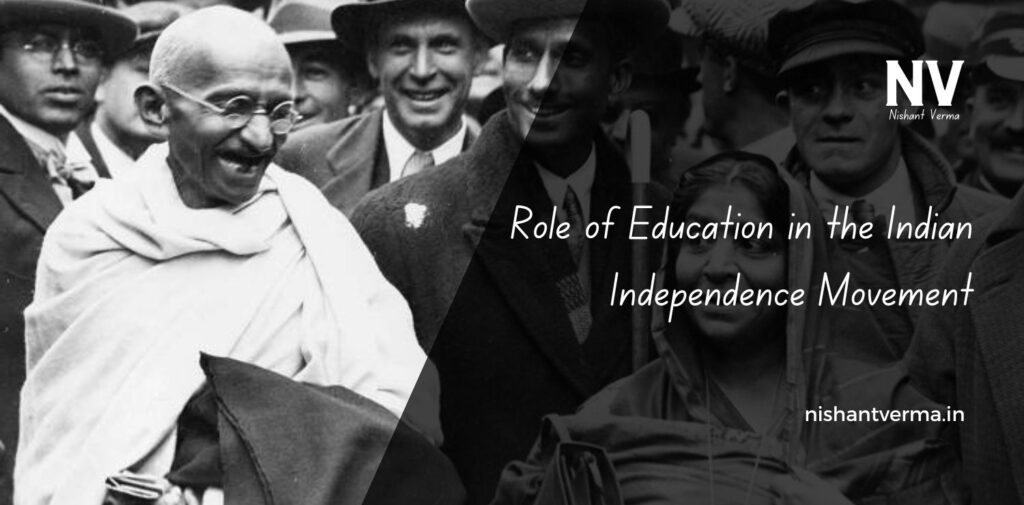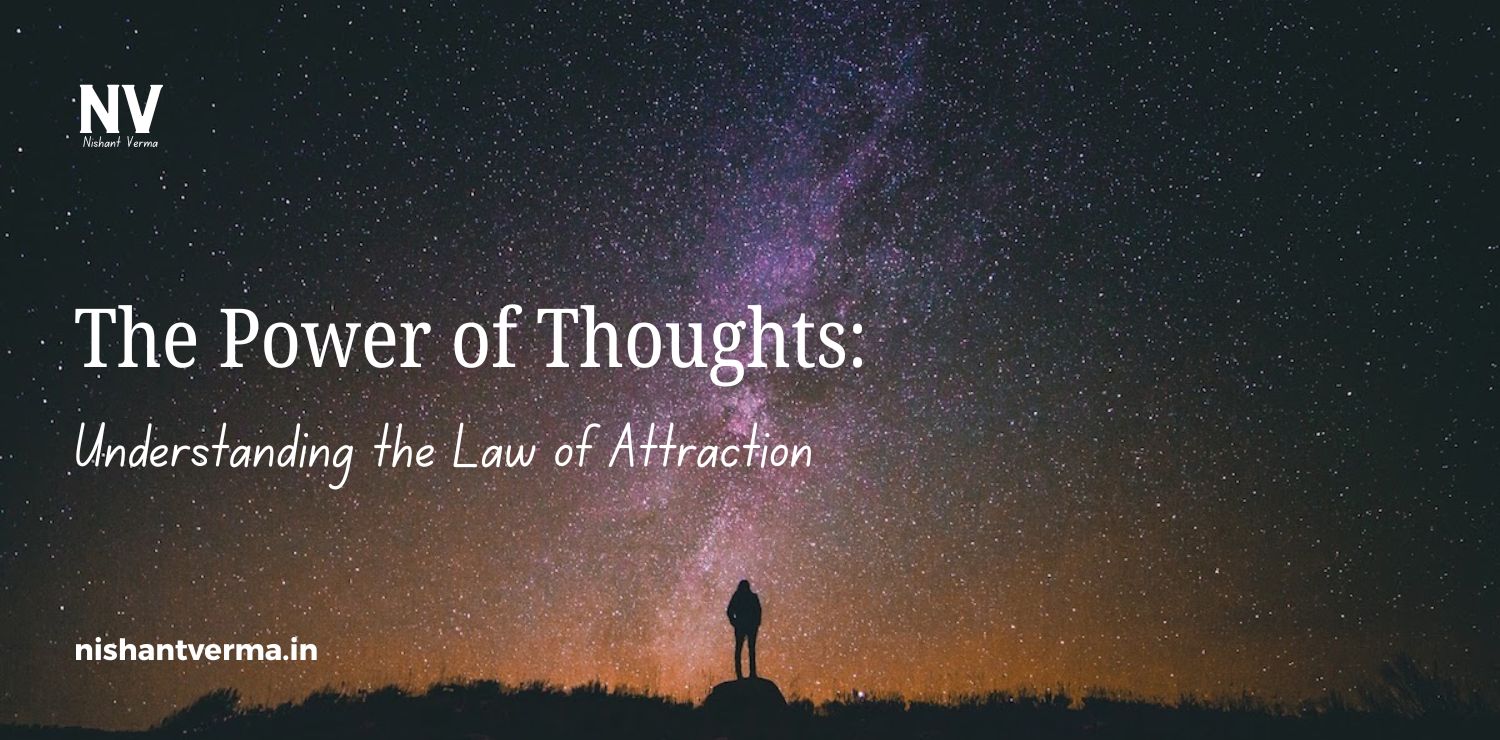The struggle for India’s independence from British rule was a long and difficult journey. While many people fought with weapons and took part in protests, there was another powerful tool that helped in the fight for freedom—education. Education played a key role in shaping the minds of the people and in creating a sense of national unity. It helped people understand the importance of freedom and gave them the knowledge to demand their rights.
This article will explain Role of Education and how education helped India’s independence movement and how it played a part in the lives of many freedom fighters.
How Education Was Controlled by the British
When the British ruled India, they understood the power of education. They controlled the educational system in such a way that it benefited them. The British set up schools that taught English, their own language, and the ideas that supported their rule over India. The goal of this education system was to make Indians accept British authority and think of Britain as superior.
But while the British thought they were making Indians loyal to them, education became a powerful weapon for change. Instead of blindly following the British, the educated people started realizing their rights and the importance of independence.
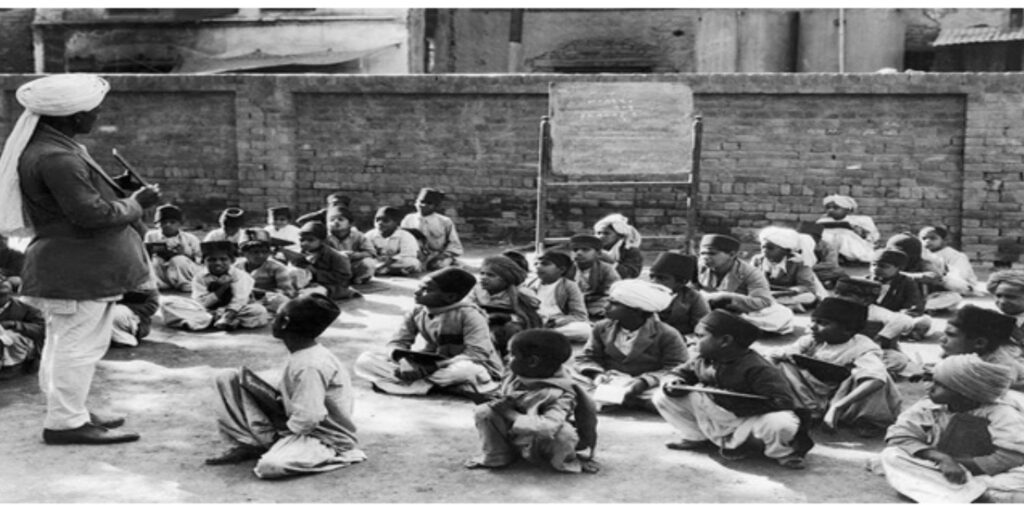
Early Education Movements
In the early days of British rule, many Indians were still uneducated, especially in rural areas. The British government did not focus on providing education to the masses. However, as time went on, Indian leaders realized that education was crucial for fighting against British rule. It could help in spreading ideas of freedom and equality.
One of the first steps in this process was to build schools and colleges that could teach young Indians about their own history, culture, and rights. Many Indian leaders understood that education would not only improve the lives of individuals but also empower the whole nation to fight for its independence.
The Role of Education in Shaping Nationalism
As more and more Indians began to receive education, they started to understand the political situation of the country. They realized that the British were ruling India without the consent of the Indian people. This feeling of injustice was spread by the new educated class, and it led to the rise of nationalism—the belief that India should be free and governed by its own people.
The Spread of New Ideas
Before the British came to India, many of the ancient traditions, religions, and cultures of India were passed down orally or through religious texts. But the Western education system introduced by the British helped bring new ideas. The Indian Renaissance, a period of cultural revival, started when educated Indians began reading about freedom, equality, and justice. They were inspired by the ideas of Western philosophers such as John Locke and Thomas Paine, who believed in the importance of freedom and rights.
These ideas about freedom and self-rule became very popular among the educated Indians and played a huge role in shaping the Indian National Congress (INC) and other movements for independence.
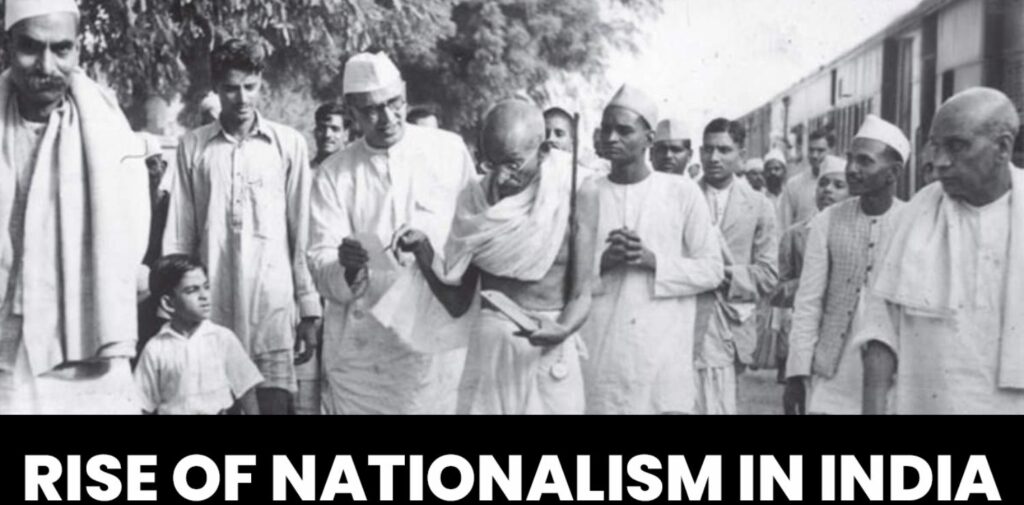
The Rise of Indian Nationalism
As the number of educated Indians grew, they began to demand more rights from the British government. The first major political party formed to represent Indians was the Indian National Congress (INC), which was started in 1885. Many of its leaders were educated people who wanted to see India become self-governed. They worked to spread the message of nationalism and fight for India’s rights.
The INC and other groups that were created later in the freedom struggle relied heavily on educated Indians to spread ideas of independence, social justice, and equality. Many of these leaders used newspapers, books, and pamphlets to inform people about the British government’s unfair policies.
Important Educators and Freedom Fighters
Several Indian leaders who played an important role in the freedom struggle were also educators. They realized that education was the key to bringing about social and political change. Here are a few important figures:
Swami Vivekananda
Swami Vivekananda was a famous spiritual leader and educator who inspired many Indians with his ideas. He emphasized the importance of education for the empowerment of both men and women. He believed that education was not just about learning facts but about building character and making people aware of their spiritual strength. Vivekananda’s speeches and teachings encouraged people to take pride in their own culture and heritage.
Rabindranath Tagore
Rabindranath Tagore, another well-known educator and writer, played an important role in changing the way Indians thought about education. He founded the Shantiniketan School in Bengal, where students were taught in a more creative and open-minded way. Tagore believed that education should help people become good citizens and should teach them to respect all cultures. His school became a symbol of freedom and creativity, and his ideas influenced the way education was seen in India.
Gopal Krishna Gokhale
Gopal Krishna Gokhale was an important leader in the Indian National Congress and a great teacher. He believed that education was the most important way to achieve social change. Gokhale worked hard to improve the education system in India, especially for the poor and for women. His famous quote, “What we need is not merely the educational advancement of the few, but the improvement of the masses, the development of all the people, and the raising of the social status of women,” sums up his ideas about education.
Women’s Education and its Role in the Freedom Struggle
During British rule, most women in India were not given the opportunity to receive an education. The British didn’t see the importance of educating women. However, many Indian leaders like Sarojini Naidu, Kamini Roy, and Begum Roquiah Sakhawat Hossain started working to change this. They fought for the rights of women to receive an education and for their active involvement in the independence movement.
Women like Sarojini Naidu, who later became a famous poet and the first woman to lead a Congress session, used their education to inspire other women to join the freedom struggle. They showed that education could empower women, making them confident and ready to play a role in the political and social changes happening in India.
Education and the Growth of Social Reform Movements
Alongside the political movement for independence, there were also important social reform movements happening in India. These movements were led by educated Indians who wanted to remove social evils like untouchability, child marriage, and the oppression of women.
Leaders like Jyotirao Phule, Dr. B.R. Ambedkar, and Iswarchandra Vidyasagar fought for the rights of the lower castes and women through education. They believed that educating people was the first step in ending social inequality and building a better, fairer society.
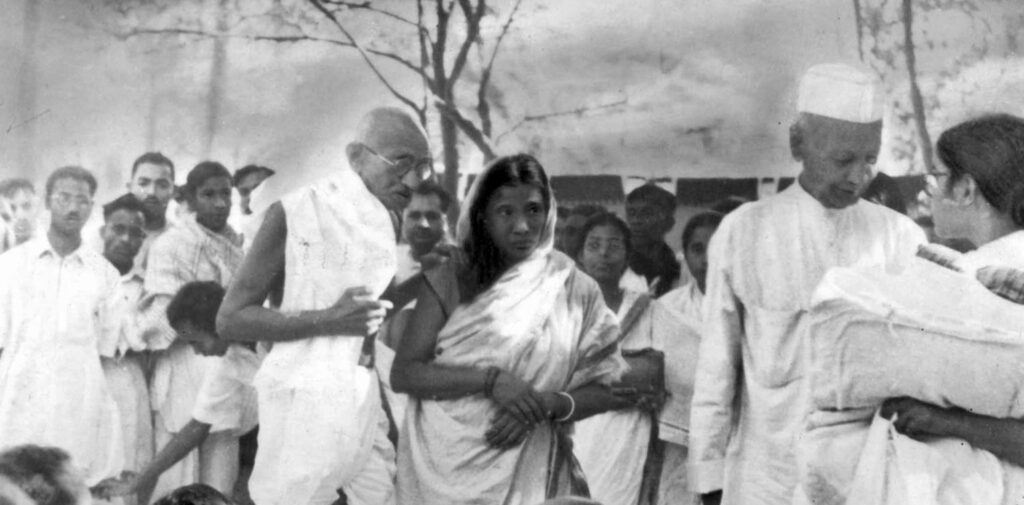
The Growth of Nationalist Press
The press (newspapers, magazines, etc.) played a huge role in spreading ideas of independence. Many freedom fighters, writers, and educators used newspapers as a platform to spread nationalist ideas and to criticize British policies. Educated Indians wrote articles that exposed the wrongdoings of the British and highlighted the need for Indian self-rule.
Some newspapers like Kesari and The Hindu became strong supporters of the Indian National Congress and were widely read by the people. They helped keep the spirit of independence alive during difficult times.
The Role of Education in the Non-Cooperation Movement
One of the biggest movements for India’s independence was the Non-Cooperation Movement, led by Mahatma Gandhi in 1920. Gandhi encouraged people to boycott British goods, schools, and courts, and to stand up for Indian self-rule. Education played a big role in this movement, as people were educated about the importance of self-reliance and the need to reject British products and ideas.
Conclusion: Education as a Key to Freedom
Education was a powerful tool that helped shape the Indian independence movement. It gave people the knowledge and the ideas to challenge British rule and fight for freedom. Educated Indians played an important role in spreading ideas of nationalism, social reform, and self-rule. They inspired millions of people to join the fight for independence.
Education also helped to empower women, raise awareness about social issues, and bring people together in the struggle for a free India. Today, we can see the lasting effects of education in India’s continued progress and development as a country.
So, we can say that education was not just a way of learning but a way of fighting for freedom. The knowledge and ideas that spread through education helped Indians to rise up, unite, and win their independence.

